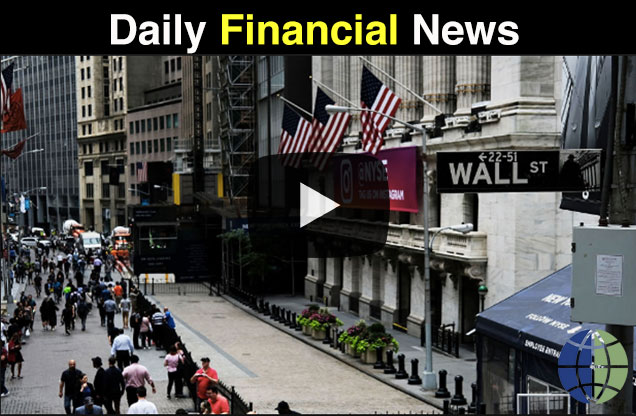The forex market has often been the choice for many professional traders who had previously traded in the stock and commodity markets. Some reasons for their switch are rather simple: the forex market offers greater liquidity, longer trading hours and more trading opportunities.
Furthermore, with the advent of forex electronic trading available by connecting to the Internet, in combination with the recently available online forex retail accounts, small investors can now access and trade the multi-trillion dollar forex market that was previously only available to banks and large corporations.
Before the Internet, small traders were largely restricted to trading stocks or commodity futures and options, where retail accounts have, for the most part, always been available.
Also, currency futures were not made available until just after exchange rates began to float in 1972. For many years, currency futures were the only way that retail traders could participate in the foreign exchange market.
The forex market has some clear advantages for traders which cannot be found in other markets such as the stock market. Some of these features that the forex market offers traders compared to the stock market include:
Liquidity
The forex market makes up the deepest and most liquid market on the planet.
Currency trading occurs around the clock by the world’s largest banks and financial institutions and helps ensure that a market maker or dealer will always be available to take either side of a trade.
Conversely, trading in the stock market is limited to certain hours of the day, and liquidity can become almost nonexistent in some of the smaller stocks.
Trading Hours
The forex market remains open continuously from Sunday afternoon until Friday afternoon EST. This means that currency traders enjoy the longest continuous trading hours of any financial instrument.
Stock trading is limited to certain hours of the day, with some highly capitalized stocks which may be traded on overseas markets.
Expense
Trading stocks can be quite costly, especially for active traders since commissions can build up significantly.
Trading currencies is considerably less expensive in comparison since most forex dealers only charge a part of the spread instead of charging a straight commission.
This means the cost savings in trading forex over trading in stocks can be considerable.
Leverage
One of the best reasons to trade in the forex market consists of the amount of leverage a trader can use. Trading in stocks requires 50% of the purchase price, or a 2:1 leverage ratio, while forex trades can be leveraged by as much as a 500:1 ratio.
Because a trade in the forex market represents an exchange of equivalent assets, there is no initial cost in establishing a position. This differs from the stock market where one is actually purchasing an asset.
Fewer Choices for a Trading Vehicle
In contrast to the stock market, where thousands of stocks exist, the lion’s share of trading in the forex market occurs in just eight major and minor currency pairs quoted against the U.S. Dollar and several active cross rates pairs.
This makes choosing a currency pair to trade substantially easier than picking from among the thousands of choices in the stock market.


